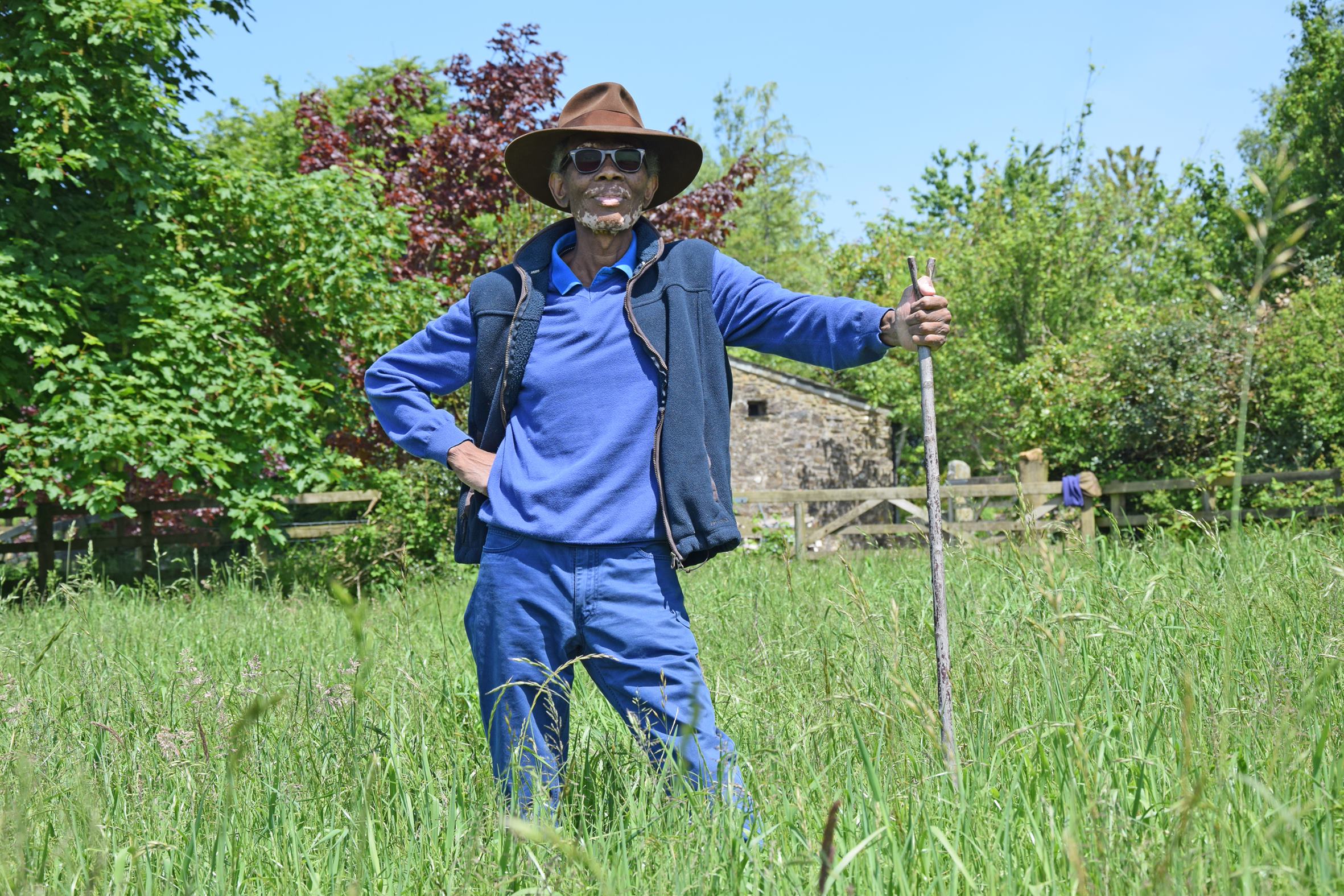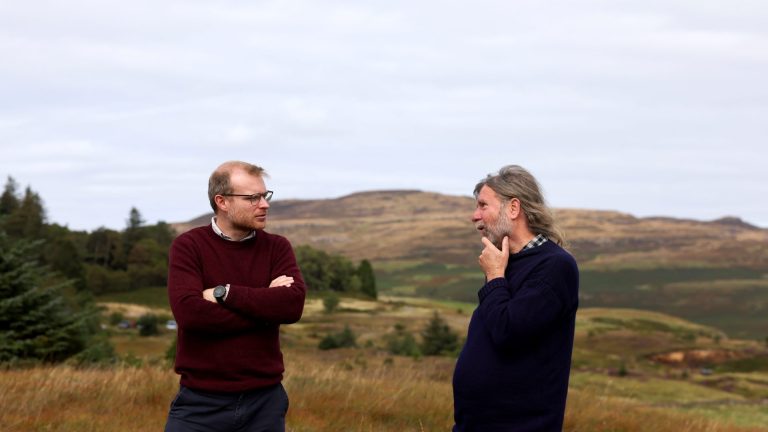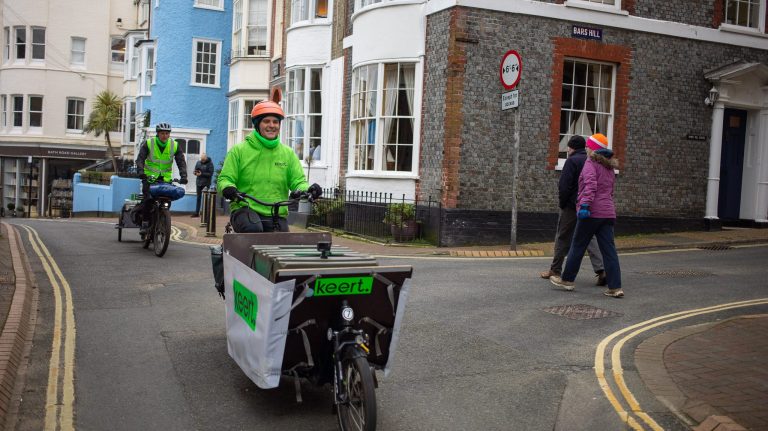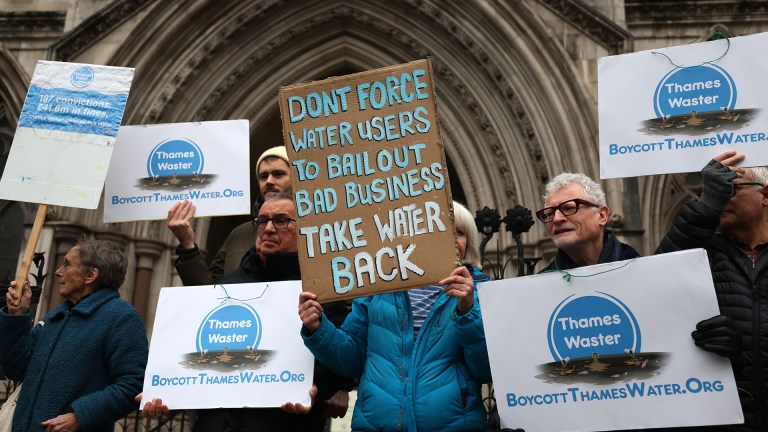Wilfred Emmanuel-Jones didn’t inherit his farm. A member of the Windrush generation, born in Jamaica and raised in Birmingham, he spent time on his dad’s allotment while growing up. “It was my dream to one day own my own farm,” said Emmanuel-Jones. “Every single thing that I did with my life was to try and get into a position to buy a farm.”
Over two decades ago, he bought that farm: a 30 acre plot of land on the Devon/Cornwall border. It was his “foothold” into the industry. Since then, Emmanuel-Jones has built up his business, The Black Farmer. Starting with a branch in Brixton, he’s aiming to bring farm shops into the city, giving customers a real idea of where their food comes from, and break down the barriers in the farming industry.
Farming is the least diverse job sector in the UK, with 97.2% of workers being white. “All other industries would never get away with a lack of diversity,” said Emmanuel-Jones.
For Black farmers like Emmanuel-Jones, two big barriers exist, he said. The first is access to land. Big landowners and big corporate firms make it very hard for small players to get started, Emmanuel-Jones said: “Most people who have a dream and an idea to start a farm, they can’t do it.”

The government’s controversial new plans to make farms worth more than £1m subject to inheritance tax could redress the balance, he added. Announced in Rachel Reeves’ autumn budget, the government estimated 73% of farms would be unaffected by the change. But the National Farmers’ Union argues 66% of farms will be affected, branding it an “awful family farm tax”.
“It is worth looking at these big landowners that have a lot of land and a lot of tax benefits,” said Emmanuel-Jones, who unsuccessfully ran to be a Tory MP in 2010 and was awarded an MBE in 2020. “I don’t have an issue with that being reviewed if it’s not going to impact the majority of farmers.”










